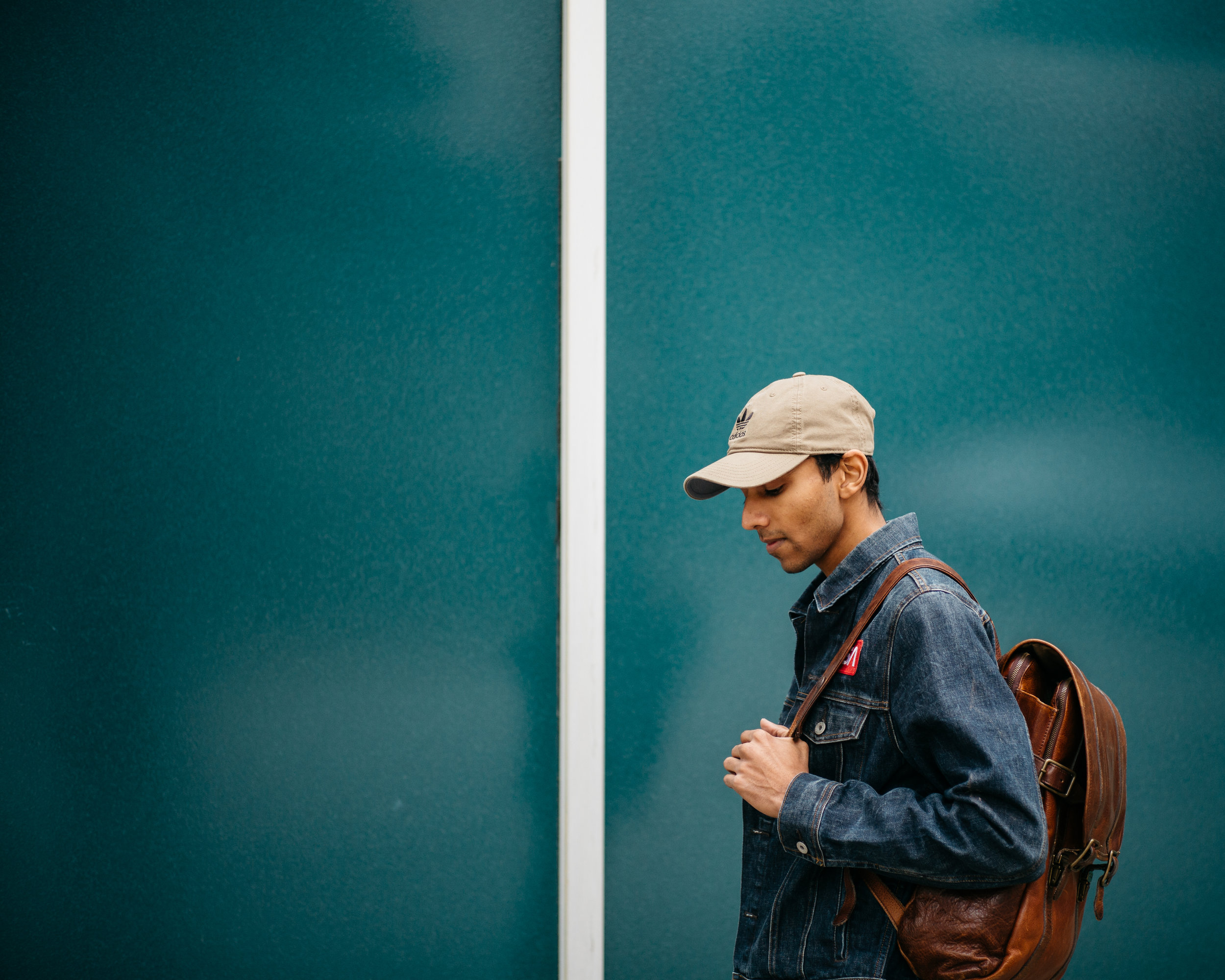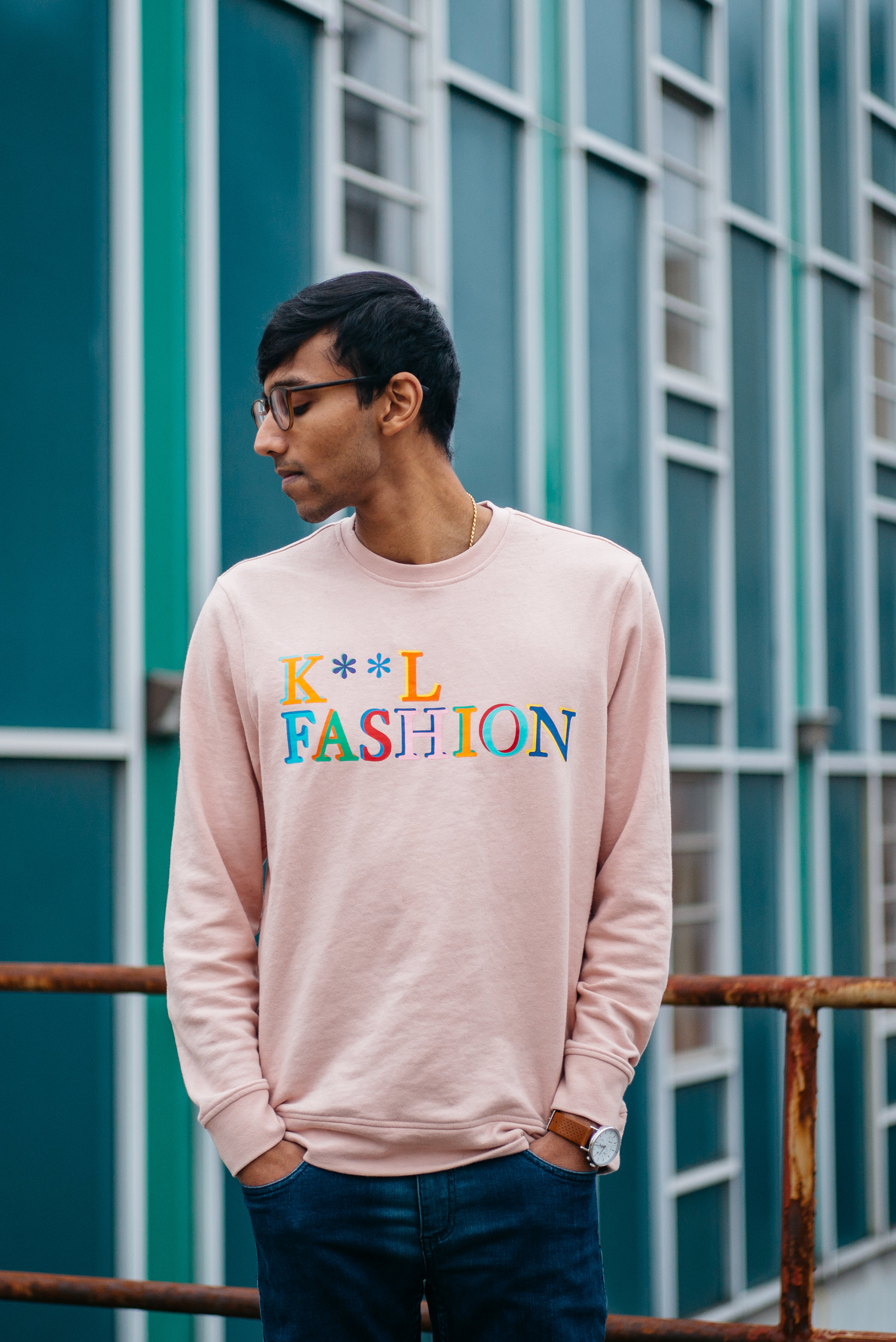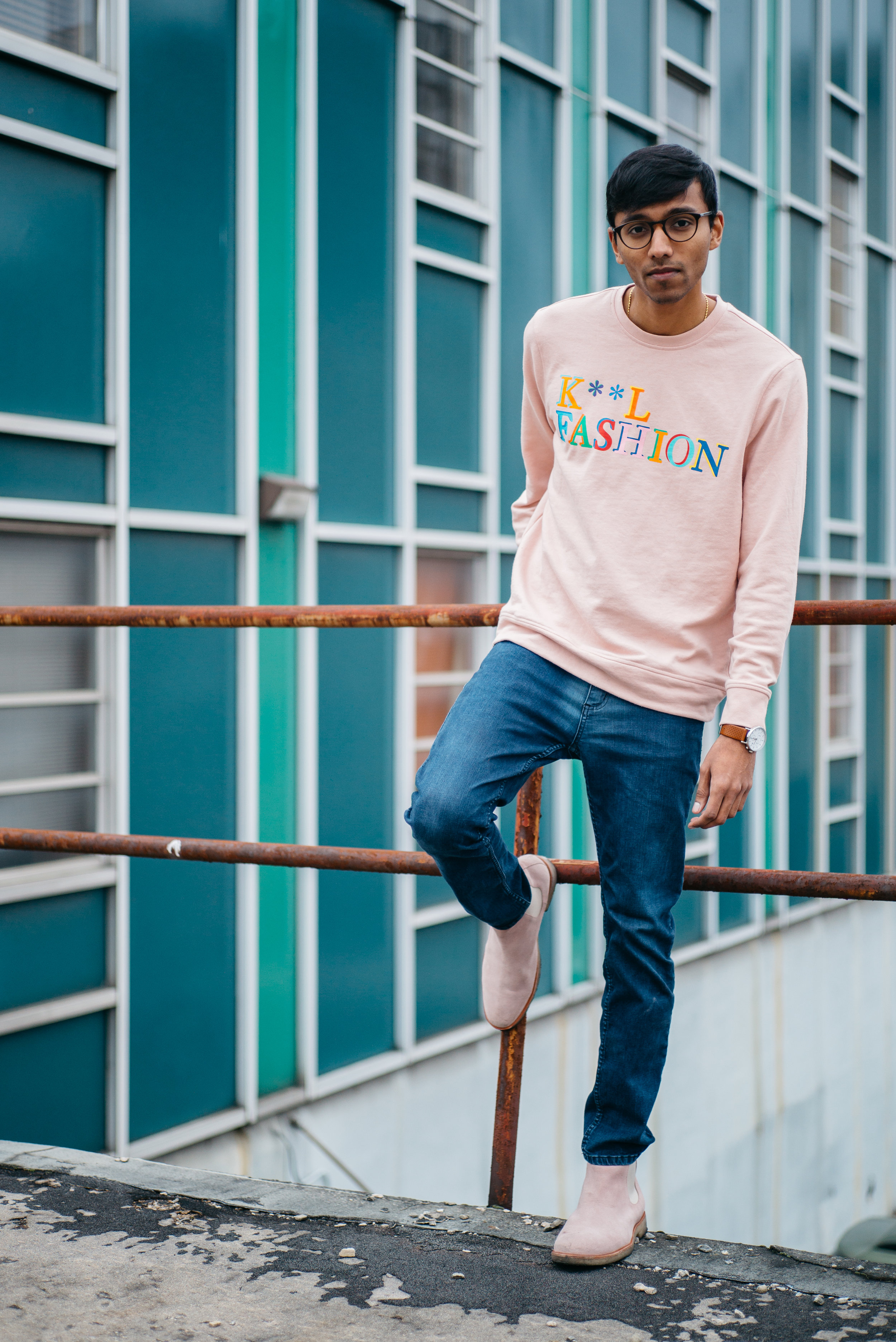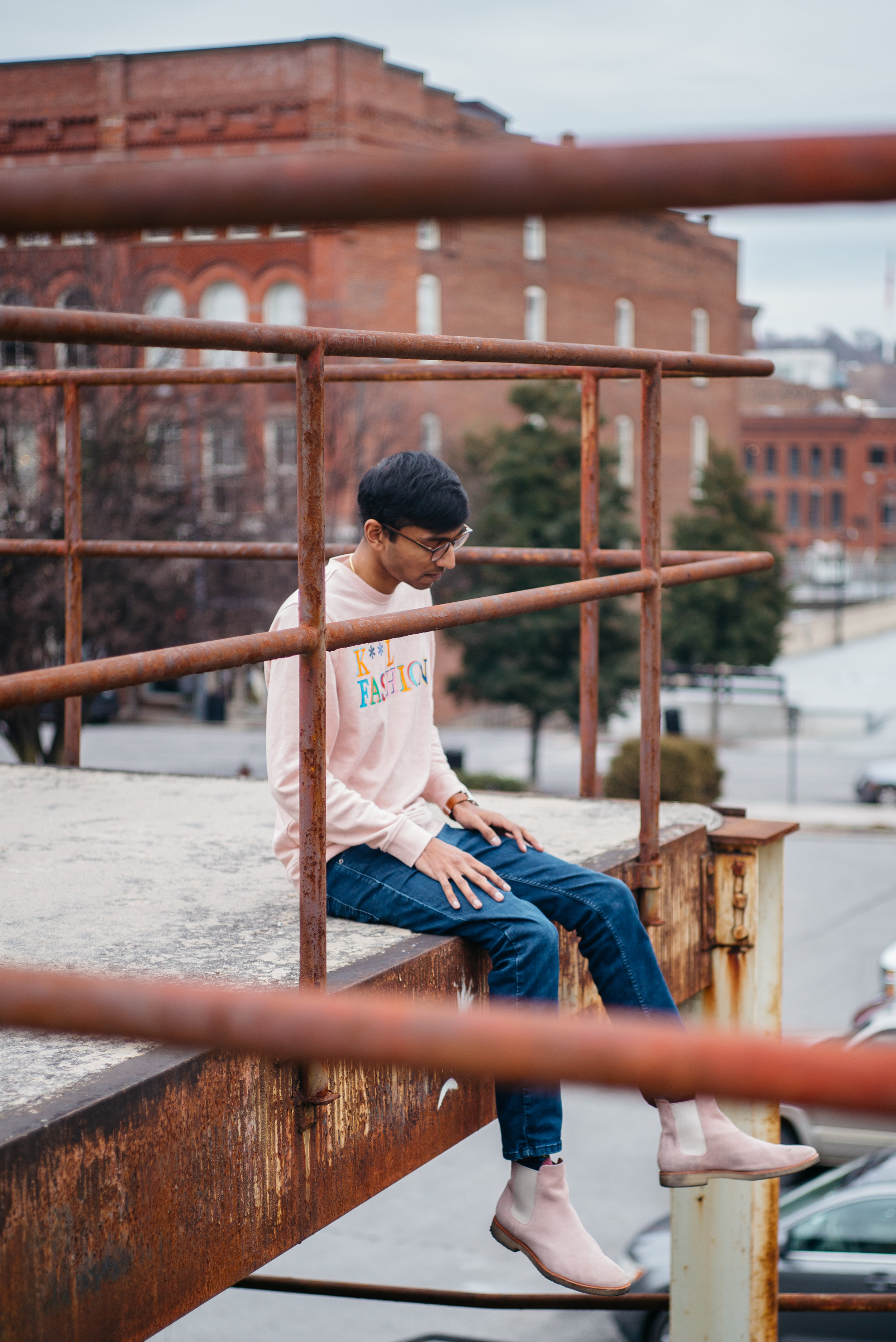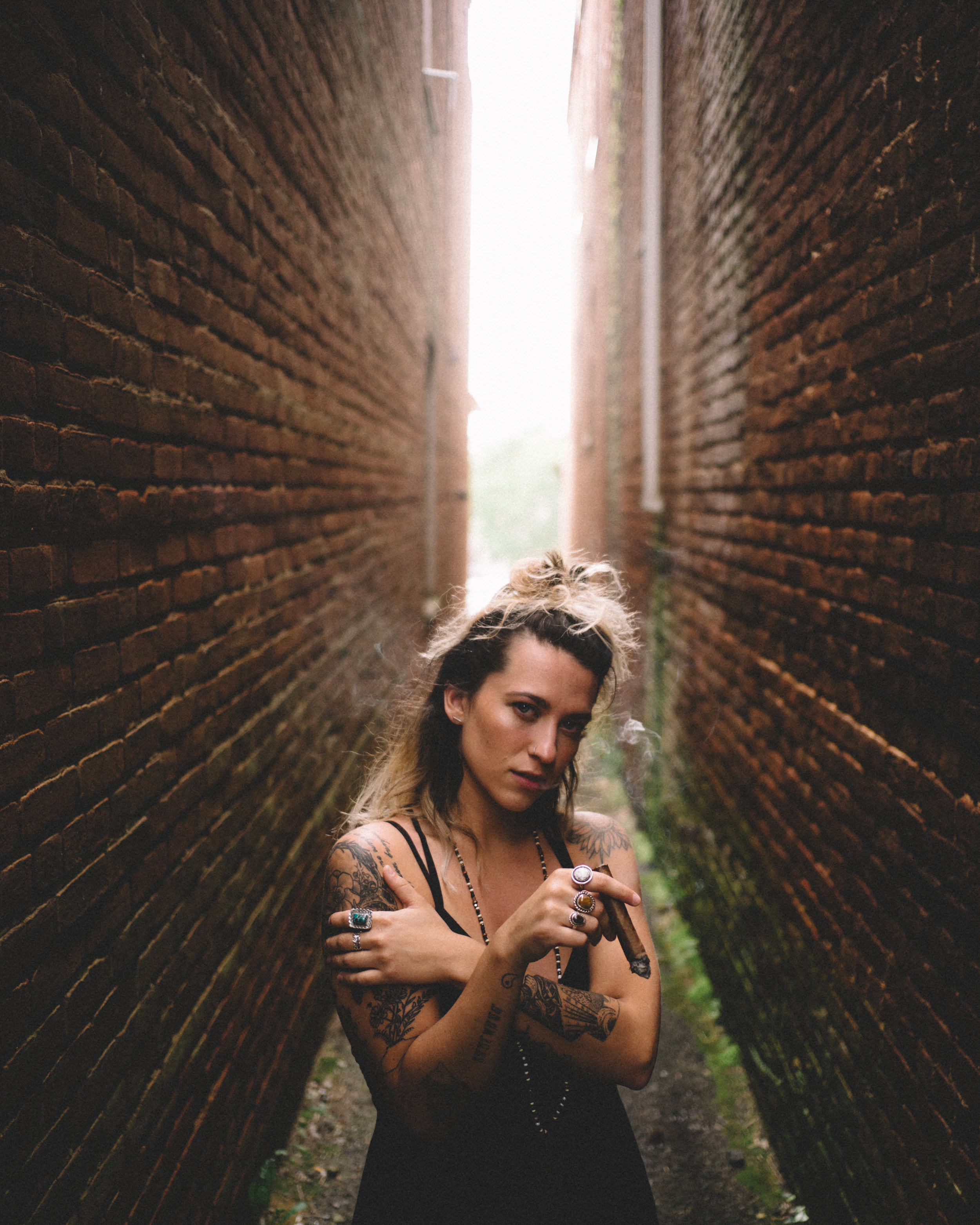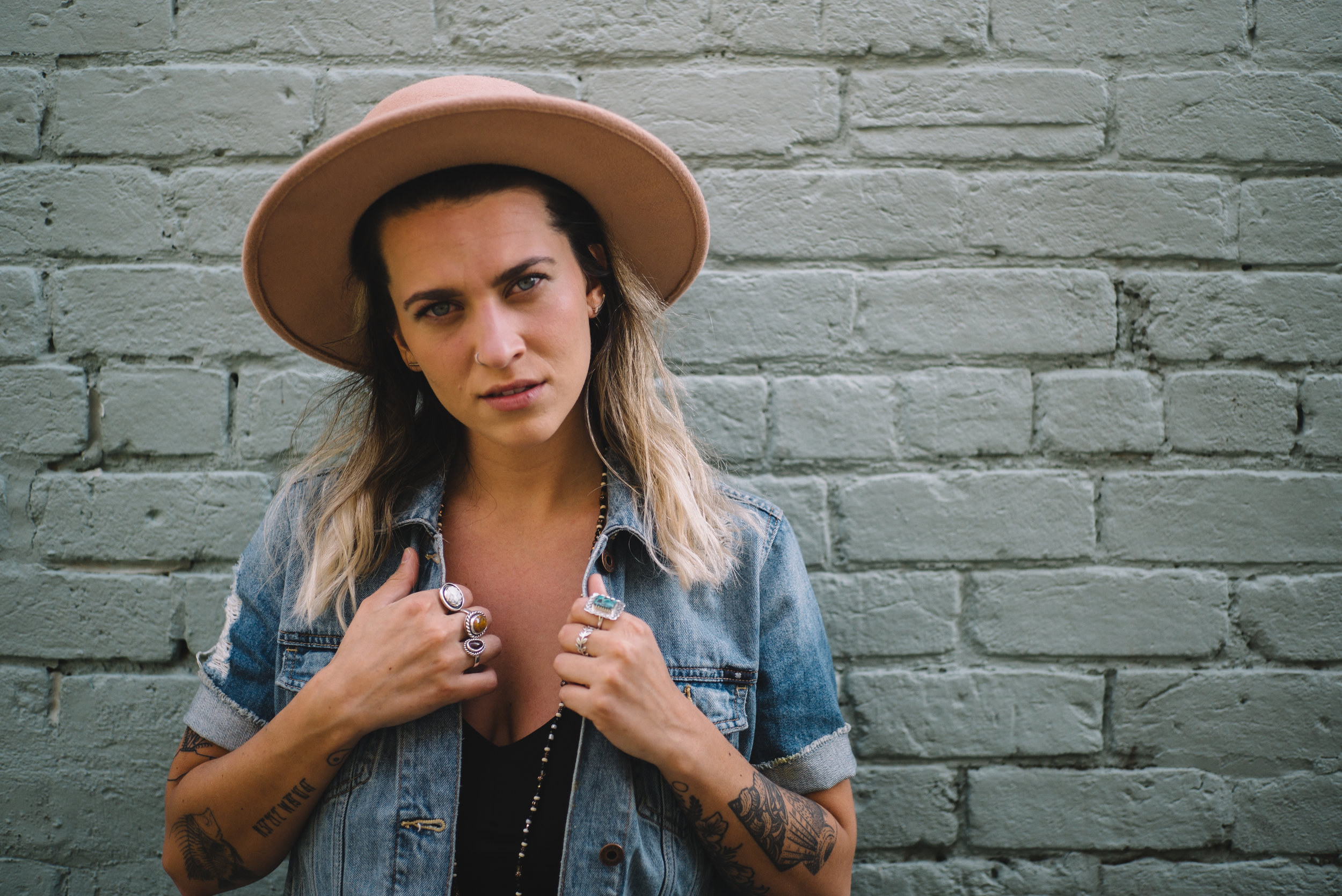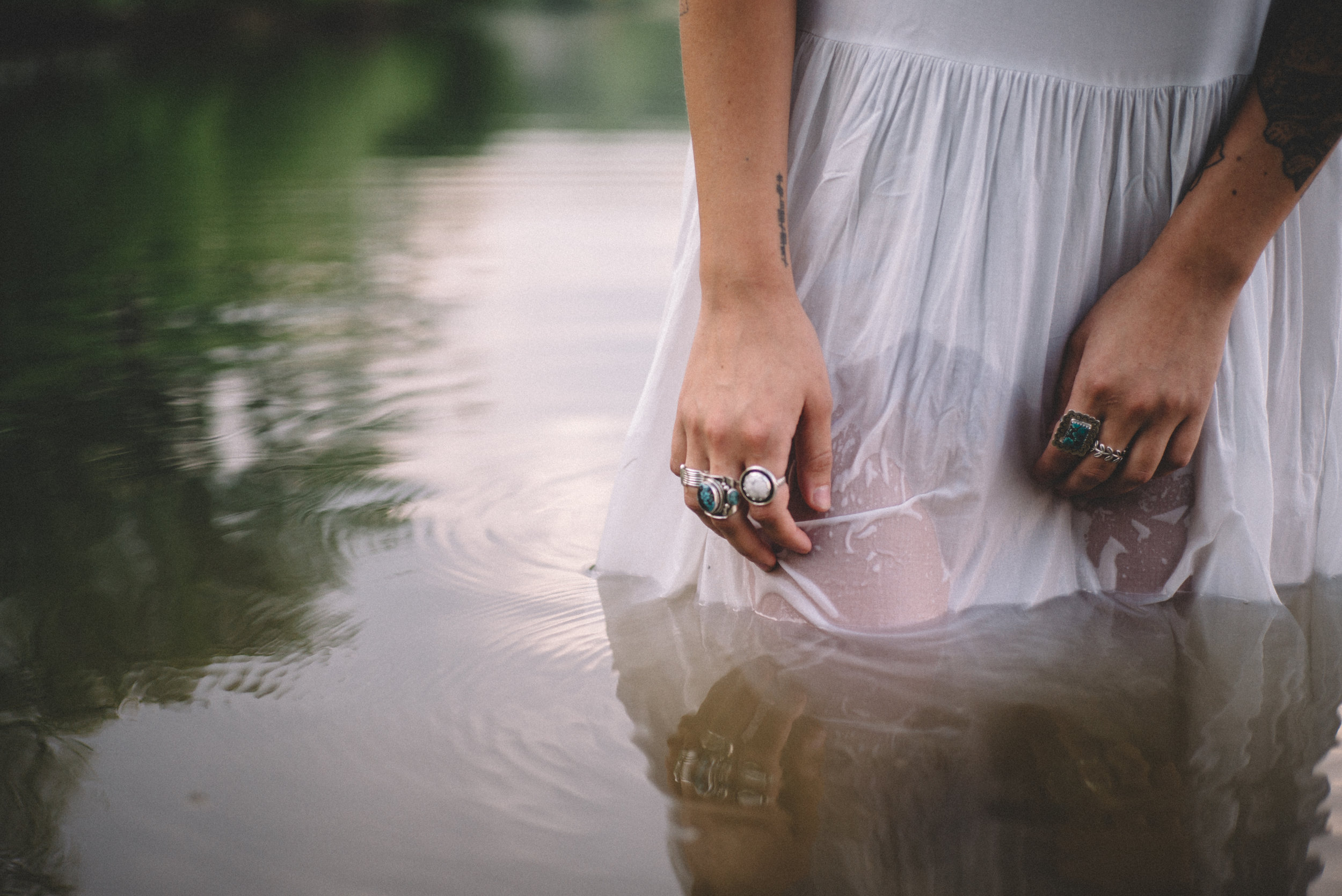A few photos from today's lifestyle session with men's fashion blogger Sunny Murthy sporting pieces from Moore and Giles, Adidas, and Lids.
Carissa /
This week I photographed an old friend purely for creative purposes. Don't get me wrong, I love LOVE what I do, but shooting without the expectations of a client waiting at the other end was a nice break. Here are some of the images we got; enjoy!
I'm hoping to do more of the exploratory creative sessions, so if you are a model, or know anyone looking to build a modeling portfolio, follow the contact form at the bottom of this post to let me know!
How to Get Paid to Take Photos /
This might seem counterintuitive, but the best way to start booking paid work is to complete a little bit of free work to build your portfolio beforehand. People are (understandably) reluctant to pay someone who is "just starting out" unless they're looking for a bargain, which is a whole other topic worth discussing later. For now, we'll just stick to the market you should be targeting: people looking for quality photos.
The key is almost too simple; just take a lot of photos and post your best work. If you're a college student, it won't be hard to find at least a few people who would be thrilled to get a new Facebook profile photo for free, or a young couple who would love to take an afternoon and let you photograph them. The way you'll stand out in the market is precisely because you'll be showing your work instead of just asking people to pay you for your mystery product. The college campus market is already oversaturated with people trying to make extra money taking photos; be the guy or girl who's putting up photos on your timeline instead of advertisements. My buddies Matt Owen and Greg Knopp are great examples of this. They're posting all the time, and to be honest I never know what's paid work and what's for fun; it's just all good work that they're consistently presenting.
Why free work is good for your business (at first)
It displays what you do
I can confidently say from experience that the most valuable step I've taken in my photography career has been to just take a ridiculous amount of photos (before and after I started getting paid for it). Free work is the spark that starts the wildfire. It's what shows people you're more than just another kid with a camera and a kit lens.
You get better
Unpaid portfolio-building is more than just a metaphorical display case for your talent. It's also a great way for someone with not a lot of experience to work on his craft, to get to know his camera, to be able to focus solely on the creative aspect rather than on whether you're using the right settings. Read this next sentence carefully. Everyone's work sucks at first. There are very few exceptions to this rule, and I'm not really sure I know of anyone who is. Most of the photographers in my circle look at their old work and want to punch themselves in the face, which is good; it means they've grown.
It gets you exposure
This sounds similar to the first point, but I mean it a little differently. I'm not simply talking about people becoming familiar with your work; I'm talking about people becoming familiar with you. As you continue to share work, your style and voice will inevitably show up. People will begin to see consistency in your work, which will attract some and deter others, which is really fine. Finding a niche in the market is a great way to avoid working for clients who hired you because you're a bargain rather than your style.
You gain confidence
Being confident with your own work is a process, and it isn't a short one. But having a base of work that you can show paying clients when they're thinking about booking changes the conversation from "please trust me" to "here's why you can trust me." That will absolutely have an effect on the way you communicate with potential clients. Having an established style and voice in your art not only shows your audience what you're going to present to them, but it allows you to confidently produce work without compromising your style simply because you don't know if they'll like it. If someone sees your work and decides to book you, there's no "I really hope they like this" moment.
I understand that free work doesn't pay the bills and that there needs to be a balance between the time you're spending doing free work and time spent making money. It isn't easy, and your photographs won't bring in a ton of money right off the bat. Do yourself a favor and don't stress about that. Understand that having a day job and being a Creative is a totally acceptable stepping stone. I worked as a door-to-door salesman for three months just to buy the first bit of gear I wanted to shoot weddings with. Set aside your pride, do what needs to be done, and set yourself up for success.
5 Ways to Improve Your Client's Wedding Experience: we're a service industry /
It can be easy for us to think of ourselves as artists first and foremost, and view our clients as accessories to our art; sort of like paint to painters. We capture our preferred perception of the couple rather than the essence of what's actually going on. Don't get me wrong, I know this doesn't happen on purpose (you can't enjoy the wedding industry if you're completely devoid of compassion for others).
But . . .
It does happen. And I think the best way to avoid this is to realize that we're really just there to serve in whatever capacity the bride and groom need in the moment: I've moved ceremony props, cleaned up an outdoor reception after a downpour, run around getting the couple drinks, relayed messages to the planner, and, you know, I've taken some photos. You're a photographer, yes. But you're also a peacekeeper, a decision-maker, a water boy, a comic relief.
Apart from the planner, we probably spend the most time with the bride and groom on their wedding day. Our attitude, interactions, and ability to react to situations around us absolutely have an effect on the flow of the day.
I'm by no means an expert, but here are a few suggestions I have from first-hand experience to make your day run smoothly:
Be accommodating: Bride doesn't want to get her dress dirty? Don't go too far off the path during portraits. Groom is constantly having to answer questions from his family? Act as a buffer, respectfully engage without damaging the timeline your couple likely paid someone a lot of money to plan ("that's a great suggestion, mom. We'll see if we have time for that after the scheduled events!")
Be flexible with your work: I don't by any means suggest trying to recreate a Pinterest board that your bride forwarded you, but if there are a few images she really wants to recreate, do it. They're paying you well (and we're in a service industry).
Be a decision-maker: Without being overbearing direct your couple. They've got a million things on their mind, and the way you do your job shouldn't be one of their main concerns. I usually ask, "Are there any spots in particular you wanted to go for some photos?" Occasionally I'll get a request, but most often the answer is "no." At that point, it's all you. You're the professional; make the decisions and give your clients one less thing to worry about.
Have fun with your clients: This sounds cliche, and it is. But it's real, good advice. Being photographed is incredibly awkward (you should see the senior portraits of myself from high school). If you're stiff and weird your clients will be too. Establish a professional, but relaxed rapport with your client. This starts with your communication the second they inquire, but it's dramatically more important on the wedding day when stress levels can be soaring.
Be a servant: This, perhaps, is the most important piece of advice I can give you. Your clients will absolutely notice your willingness to take care of whatever they need. They'll notice you putting their needs before your own. Their experience will be elevated before they even see your photos.
I've shot a lot of weddings with Sam Stroud, and that fifth piece of advice is one of the most valuable lessons he's taught me. I'm paraphrasing here, but what he said went something like this:
"When you're with a client and your personality, willingness to work for them, and servitude makes their experience with you a 10/10, even if they get the photos back and they're only a 6, they'll still remember that first, incredible experience. You could give them average photos and they'd still tell their friends how great you are."
